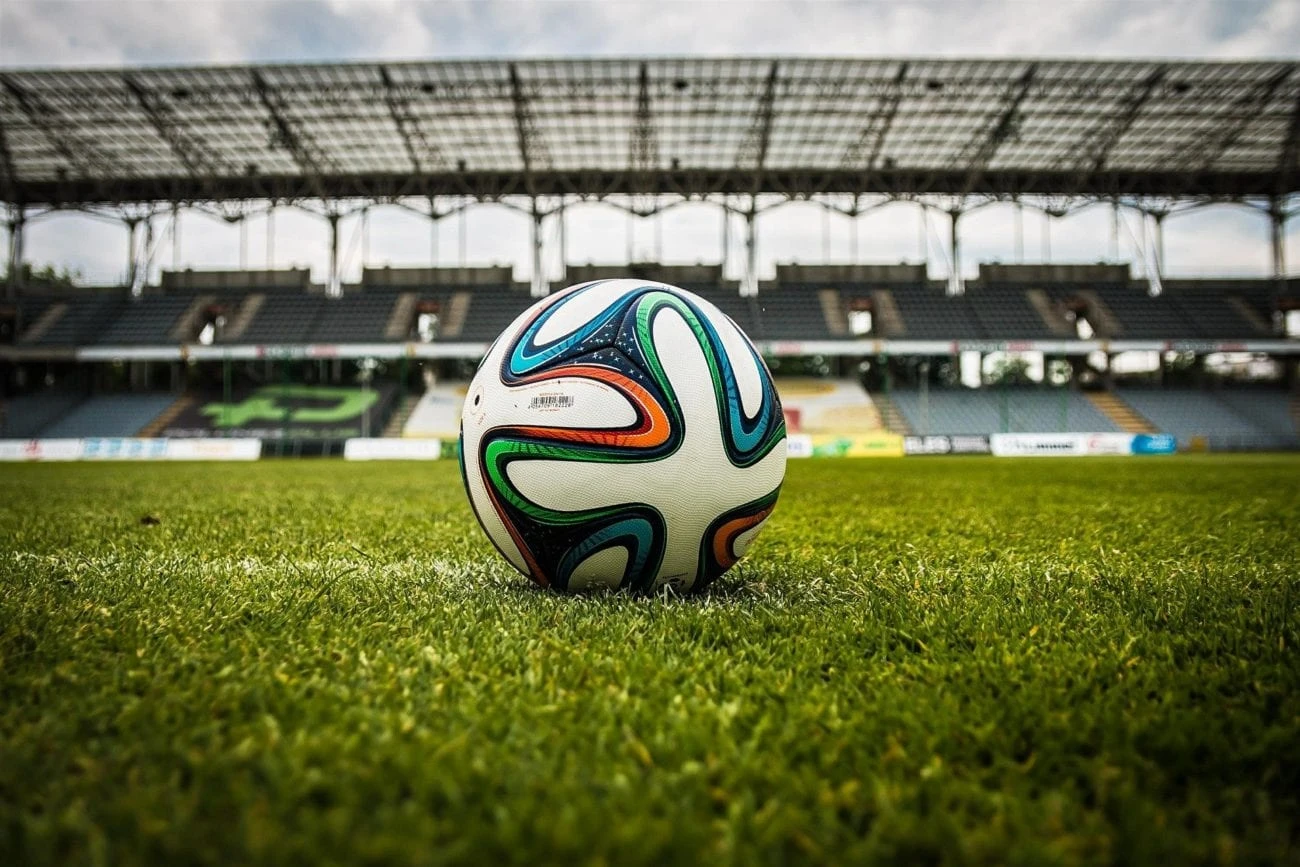World Cup could be make-or-break for industry marketing

Yesterday, France announced a series of new rules and recommendations on bonuses. The contents of the regulations published by regulator l’Autorité Nationale des Jeux (ANJ) are interesting for sure, but there may be more to think about beyond that.
The new rules on transparency are good, and other markets would largely benefit from requiring operators to make the terms surrounding bonuses as clear as possible.
Other rules, particularly the ban on sending bonuses to “excessive” gamblers, are clearly well-meaning but likely too vague to be implemented in the way that is hoped.
The non-binding “recommendations”, meanwhile, are hard to judge without knowing how motivated operators would be to implement them without external force.
But the timing – which was noted by the regulator – may be the aspect that would be most interesting to operators looking in from outside of France.
World Cup warmup
It seemed important to the regulator that these rules would be implemented before the 2022 Fifa World Cup. This was likely due to the backlash against the French sector over advertising at Euro 2020, which ultimately prompted ANJ to implement new rules for ads.
Ahead of the World Cup, ANJ didn’t even wait to see what operators would do, instead preemptively cracking down on bonuses out of fear of the reaction if it did not.
France is unlikely to be alone here.
In the Netherlands, a ban on “untargeted” gambling ads will come into effect soon after the end of the World Cup.
In theory, that would mean a last chance for operators to attempt to obtain customers without having its hands tied.
But knowing how anti-industry campaigners and MPs in that country have usually acted, they will surely wish to see operators already limiting ads.
In Sweden, the country France may have been trying to emulate with its new bonus rules, things may finally begin to look up as a new government takes charge, seemingly with more sympathy towards the industry and a willingness to reform bonus laws.
In this case, the sector may have a chance for reprieve, but a World Cup-induced backlash could change all of that.
And in the UK, of course, it seems that the Gambling Act review may be pushed back further by the latest changes in terms of who takes the lead on reform, after gambling minister Damian Collins stepped down. That means the Gambling Act white paper may not be published until after the World Cup begins. The event may be front-of-mind as the public learns of the once-in-a-generation reforms under consideration by the government.
Two approaches
So there are two ways to approach this. One argument would be that the industry must be on its best behaviour in marketing during the event. Any slip-ups and there will be serious consequences.
The other argument is that those opposed to the industry will simply look for perceived slip-ups and – if the industry is on its best behaviour – attempt to manufacture controversy. If so, there is little the industry can do, and it might as well continue on the same path as before.
But, as is often the case, it’s an oversimplification to simply present two polarised options.
The truth is that, while anti-industry groups and legislators wield a lot of influence, the public and governments will not simply follow their tune.
Opposition to the sector is inevitable, but that does not mean that it has no reason to think about negative publicity.
So the industry should desperately avoid giving campaigners easy ammunition for a crackdown during the World Cup, but it also must accept that it’s likely going to face potential smears no matter what it does.
If the sector shows that it can market responsibly during the World Cup it would be naive to think it would be universally praised, or even that the critics would be substantially quieter.
But when those critics speak up – if the industry has been responsible without bowing to those opponents’ most extreme requirements – it might have a real opportunity to show that many opposed to the industry will never be satisfied.
If you’ve made it this far through a column on the World Cup, you can probably expect a worn-out football analogy, so here we go. The industry can’t hand an open net to its biggest critics. But as those critics push forward, the sector might have a genuine opportunity to spring a counter-attack.
